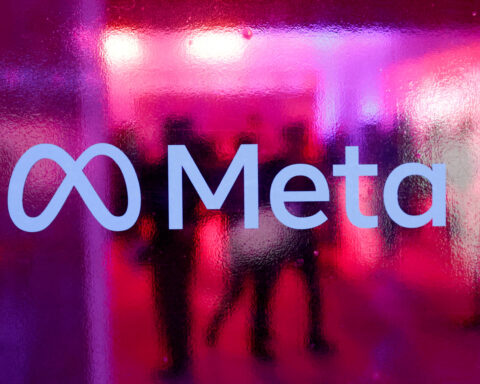Facebook wants to clean up the spam on its news feed, and has made changes to help give more prominence to “relevant” stories. To do this, the company will try and filter out “like-baiting”, repetitive content and spammy links from feeds.
It is not uncommon to scroll down one’s Facebook News Feed and coming across posts that read “One like = One prayer” or that a particular organisation will give $1 for every ‘Like’ the post generates. According to a survey carried out by Facebook though, such stories are 15 percent less relevant to users than other stories with a similar number of likes, shares and comments. Facebook is now working on cleaning up the News Feed section of users wherein there will be a drastic reduction in the number of such posts.
Addressing the issue in a post on April 10, Erich Owens, Software Engineer and Chris Turitzin, Product Manager wrote about the changes that Facebook is working on. According to them, “The goal of News Feed is to deliver the right content to the right people at the right time so they don’t miss the stories that are important and relevant to them. We are announcing a series of improvements to News Feed to reduce stories that people frequently tell us are spammy and that they don’t want to see.”
They write that Facebook will be better at detecting such posts and reducing their visibility on the news feed, but assured users that this will not impact pages or posts that are trying to build a “genuine discussion” among users.
However, in the post, they also noted that even great content becomes less relevant when it is repeatedly re-shared. They write: “We’ve found that people tend to find these instances of repeated content less relevant, and are more likely to complain about the Pages that frequently post them.” Facebook wants to de-emphasise these stories as well, and claims that this has had a good response from users in their testing, as users were hiding 10 percent fewer stories after the change.
The company is also trying to cut down on spammy links, by measuring how frequently people visit a link and then like or share the original post. The update announced reduces the visibility of such “spammy” links, and according to the post, this has led to a 5 percent increase in people clicking on links, in the early testing.
The changes are likely to impact those people, who according to Facebook, are “frequently and intentionally creating feed spam.” The post reads, “[They] will see their distribution decrease over the next few months.’ Publishers who are not involved in spamming might see a very small increase in News Feed distribution.






